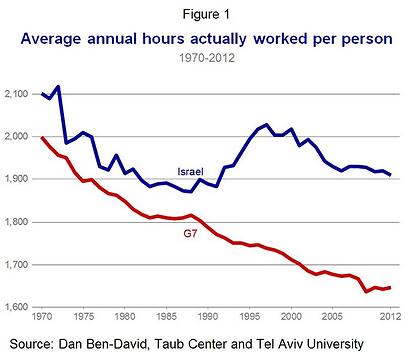Economy Bennett minister tells Habayit Hayehudi Knesset faction that Israel doesn’t need to fear boycotts, having survived them before.
The creation of a Palestinian state would destroy the Israeli economy, causing infinitely more problems than an economic boycott would, said Economy Minster Naftali Bennett on Monday, responding to the threat of sanctions if Israel fails to reach an agreement with the Palestinians.

Naftali Bennett, head of Habayit Hayehudi, speaks in Ashdod, Israel, Dec. 26, 2012. – Photo: AP
Addressing his Habayit Hayehudi Knesset faction, Bennett called on Prime Minister Benjamin Netanyahu to stand up to pressure to reach an agreement that would lead to a Palestinian state. Continue Reading »


















 Israeli New Shekel Exchange Rate
Israeli New Shekel Exchange Rate